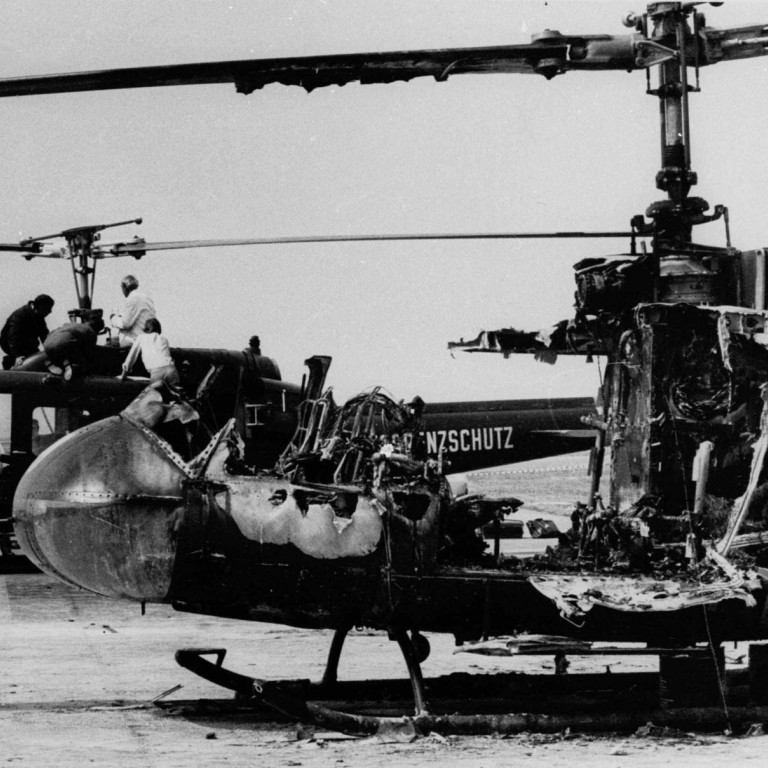
Jews in Sochi, Russia remember 1972 attack at Munich Summer Olympics
Israeli athletes murdered by terrorists at 1972 Summer Olympics remembered
They gathered in sorrow and celebration, Jews saying a prayer for the 11 Israeli athletes killed by terrorists at the 1972 Munich Olympics, Jews rejoicing that they could raise prayerful voices in Russia, once the land of the pogrom.
The Munich massacre visited the spectre of terror on the Olympics, introducing a fear felt intensely even today. A band of Palestinians scaled an Olympic Village fence and took members of the Israeli Summer Olympics team hostage. Before the attack was over, 11 Israelis and a German policeman were dead.
In the Soviet Union at the time, Russian Jews were trying to emigrate, despondent over the official anti-Semitism that kept them out of universities, turned them away from good jobs and insisted on their impoverishment. When freed by the collapse of the empire in 1991, they left in great droves for Israel, the United States and elsewhere.
"If once Jews were afraid to show their Jewishness," said Berel Lazar, the chief rabbi of Russia, "today they are proud."
About 200 people assembled at a hotel outside the Olympic gates on Sunday. Jews from the city of Sochi joined Israeli delegates, embassy officials from Moscow and American visitors from the Chabad-Lubavitch movement, a branch of Hasidism founded in Russia in 1775. Now the leadership resides in the Crown Heights section of Brooklyn.
"Today we will think of our brothers who died only because they were Jews," said Lazar, a member of the movement who lives in Moscow. "Now, unfortunately, the whole world understands the threat of terrorism."
Israeli Olympians sat in the front row, including five who are competing at this Games.
Figure skater Andrea Davidovich never stopped smiling. "I am honoured and grateful," she said, "to be greeted like this and to be part of this community."
The Russian Jewish community is trying to recover from past decimation. Lazar said that the Soviet Union was once home to as many as three million Jews. Today, the Pew Research Centre estimates that only 235,000 people identify as Jewish in Russia.
Nationalism has been on the rise in Russia, and human rights activists say minorities are under threat. Lazar brushes off suggestions that such trends could encourage anti-Semitism.
Globalisation, he asserts, has changed the dynamics. Russia and Israel are no longer enemies but political friends. The Sochi Olympics had provided a unifying moment, he said, offering Jews the opportunity to cheer for Jewish athletes. "We want to show we are proud to be Jewish," he said, "so people around us will understand we are here to stay."
